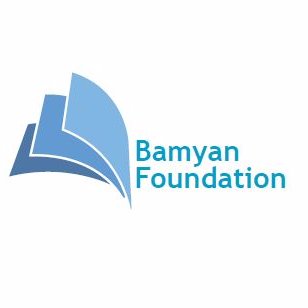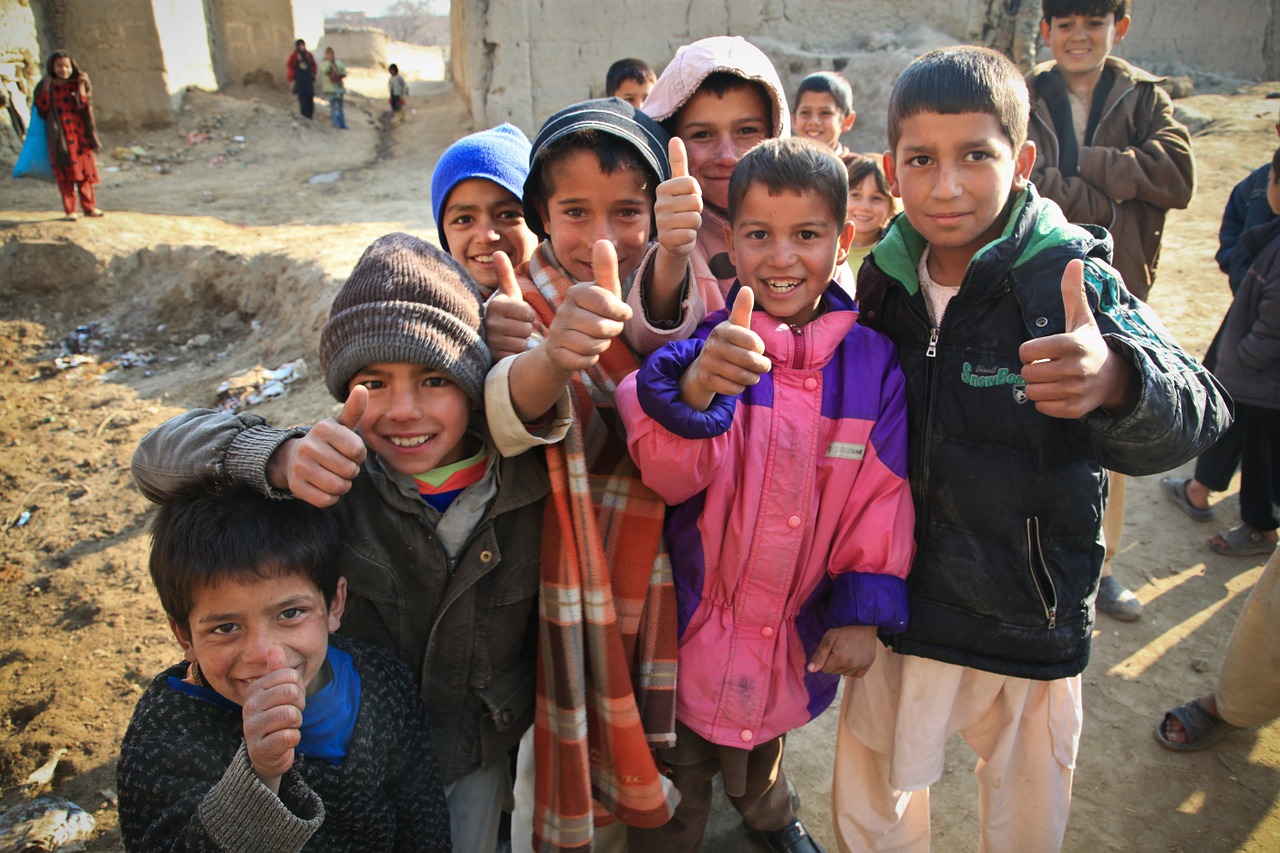Improving access to quality education is a top priority for many international charitable organizations working in Afghanistan, and Bamyan Foundation is no exception. Dedicated to promoting and providing assistance to Afghan populations that are high-need or at-risk, Bamyan Foundation believes that supporting education is one of the best ways to bring about sustainable and equitable social development and stability in Afghanistan. Read on to learn more about Bamyan Foundation, its educational initiatives, and its local partners on the ground in Afghanistan.
What is Bamyan Foundation?
 Based in Washington, DC, Bamyan Foundation is a registered nonpartisan charity that works to support social and economic development in Afghanistan. In particular, it focuses on community organizations that are meeting a critical, locally identified need in Afghanistan with limited external aid. The foundation believes that providing targeted assistance at the grassroots level is one of the best ways to make a significant, long-term impact on social and economic mobility in Afghanistan.
Based in Washington, DC, Bamyan Foundation is a registered nonpartisan charity that works to support social and economic development in Afghanistan. In particular, it focuses on community organizations that are meeting a critical, locally identified need in Afghanistan with limited external aid. The foundation believes that providing targeted assistance at the grassroots level is one of the best ways to make a significant, long-term impact on social and economic mobility in Afghanistan.
Bamyan Foundation is managed by an international team of skilled and dedicated professionals who are committed to volunteerism and service. This allows the foundation to maintain extremely low overhead costs (in 2016, overhead was about 5 percent) so that dollars raised can go directly to Afghans who are most in need.
What kinds of programs does Bamyan Foundation operate?
Bamyan Foundation’s most important initiative is the scholarship program it operates in partnership with a number of Afghan schools. This initiative supports promising students by covering annual school tuition fees and providing stipends for related expenses like books, transportation, supplies, and uniforms. The scholarship program was launched in 2016, and, to date, has provided scholarships to 150 students.
Every year at the close of its annual fundraising campaign, Bamyan Foundation allocates funds based on total incoming donations to each partner school; the foundation and the school then agree on how many students to support and which type of scholarship each student will receive. While there are always more deserving students than funds available, the scholarship program is highly scalable so that more students receive support should the foundation exceed its fundraising goals. Partner schools also agree to keep the foundation appraised of the students’ progress through mid-year and end-of-year reports.
In addition to the scholarship program, Bamyan Foundation recently worked with the Haider Abad School in Bamyan to construct and fund a new library. The project was supported by an anonymous donor who had previously led a number of other educational and humanitarian initiatives in Afghanistan.
Construction on the library was completed in late 2017, while books, computers, and other equipment were purchased in early 2018. Open since April 2018, the library is staffed by one professional librarian and two assistant librarians chosen from the school’s student body.
Who are Bamyan Foundation’s partners?
Bamyan Foundation’s partner schools are located in some of Afghanistan’s most marginalized Hazara communities (the Hazaras are an ethnic minority group from Afghanistan’s central highlands region who speak a variant of Dari). These schools include the following:
Baba High School (Bamyan)— A rapidly growing institution, Baba High School has more than 300 students and covers kindergarten through 10th grade, with plans to expand up to 12th grade by 2019. The comprehensive curriculum includes math, science, history, as well as Dari, Pashtu, and English literature. To help increase their chances of success in today’s economy, students begin learning English and computer skills in the first grade. After graduating, many Baba School students apply to nearby Bamyan University. Interestingly, in Dari, baba means “grandfather” or “respected elder.”
Rahnaward-e-Noor High School (Ghor)—Rahnaward-e-Noor High School is located in one of the most remote regions of Ghor Province, and is breathing new life into a long-neglected community. When the school was established in 2011, there were only 32 students; today, there are 350 students from grades one to 11, and a 12th-grade graduating class will be established by 2019. As at Baba High School, students begin learning English in the first grade; they also have classes in subjects like public speaking, writing, and music, and enjoy special workshops on democracy, tolerance, and human rights.
Khedmat Learning Institute (Kabul)—Founded by respected Afghan political economy scholar Dr. Timor Sharan, this unique educational institution recruits at-risk youth from the most disadvantaged provinces in Afghanistan and trains them to become future leaders. Students at Khedmat take intensive courses in science, English, computer skills, and literature, as well as leadership skills training. Prominent public leaders are frequently invited to the institute to give motivational speeches and share their knowledge and experiences with the students. At the end of the program, students are expected to return to their home communities and become leaders of and advocates for change.

